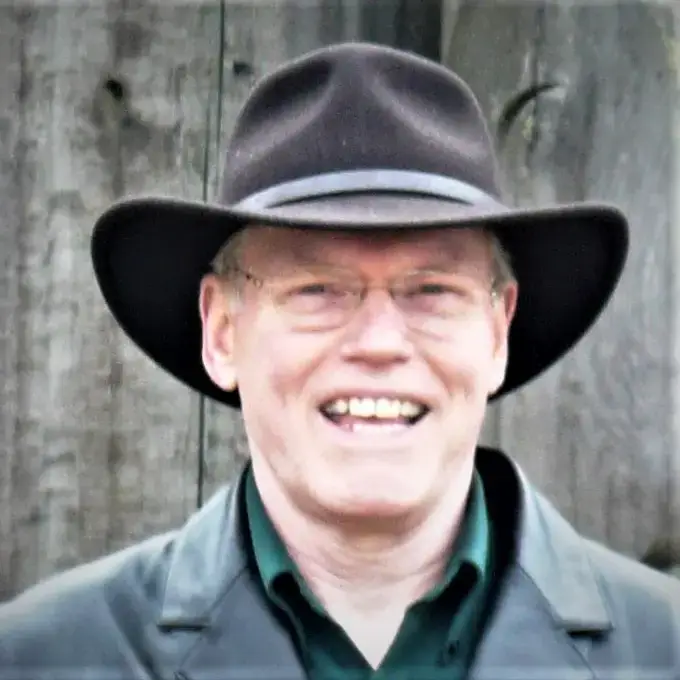George Frederick Michel, Ph. D.
Emeritus Professor of Psychology
University of North Carolina Greensboro
Brief Biography
George Michel received his doctoral training, supported by a NIMH Fellowship, in developmental psychobiology at the Institute of Animal Behavior (under the direction of Daniel S. Lehrman) and cognitive psychology at the Institute for Cognitive Studies (under the direction of Solomon Asch) at Rutgers University in Newark. His dissertation examined the experiential factors responsible for progesterone-induced incubation in ring doves. Subsequently, he was an NICHD Post-Doctoral Fellow at Children’s Hospital Medical Center in Boston where he studied developmental neuropsychiatry and neuropsychology (particularly dyslexia) under the direction of Peter H. Wolff. He remained at Children’s hospital for 10 years as an Officer of Harvard University Medical School. During that time, he spent nearly a year as a Fellow of the Max Planck Institute for Child Psychiatry in Munich under the direction of Detlev Ploog (examining the neuropsychology of social-emotional development). In 1988, he joined the psychology department of DePaul University in Chicago and served as department chair from 1995 to 1998. In 2001, he was appointed Editor-in-Chief of the journal Developmental Psychobiology and served in that position for 16 years. He is Associate Editor of the Cambridge Encyclopedia of Child Development (2006). He is a Fellow in the Association for Psychological Science and a Fellow of Divisions 3 (Experimental Psychology) and 6 (Behavioral Neuroscience) of the American Psychological Association. In 2005, he was elected President of the International Society for Developmental Psychobiology. In 2004, he moved to Greensboro, NC to head the psychology department at UNC-Greensboro until 2010. He retired July 2019 as Professor Emeritus. Using his training in developmental psychobiology, cognitive psychology, developmental neuropsychiatry and neuropsychology, he published two books (both with Celia Moore) that attempted to synthesize the field of Developmental Psychobiology. He has published 17 book chapters addressing such topics as infant sensorimotor development, developmental neuropsychology, anthropomorphism in animal cognition, the relation of hormones and experience in the organization of parental care, and the Evo-Devo approach to behavioral development. His peer-reviewed empirical publications include more than 75 articles examining a diverse set of topics including: development of emotional expression in infants, development and consequences of parental care, the character of human nature, the concept of critical periods, experience-hormone interactions in animal behavior, the neuropsychology of dyslexia, and the development of handedness. He has over 215 presentations at Conferences and Universities in Argentina, Australia, Austria, Canada, England, France, Germany, Holland, Italy, Japan, Mexico, New Zealand, Scotland, Spain, Sweden, Switzerland and the U.S. His research has been supported by grants from the National Institute of Mental Health, the National Institute of Child Health and Human Development, and the National Science Foundation. His book Developmental Psychobiology (published in 1995 with Celia L. Moore) helped define the field. His empirical work on infant handedness demonstrated how self-generated experiences contributed to the development of the right bias in human handedness. Recently, he and his students used sophisticated statistical modeling techniques to identify and chart four distinctively different trajectories in the development of handedness during infancy and early childhood that predicted differences in the development of tool-use ability, artifact construction skills, language production and comprehension, executive functioning, and problem-solving ability in children.


